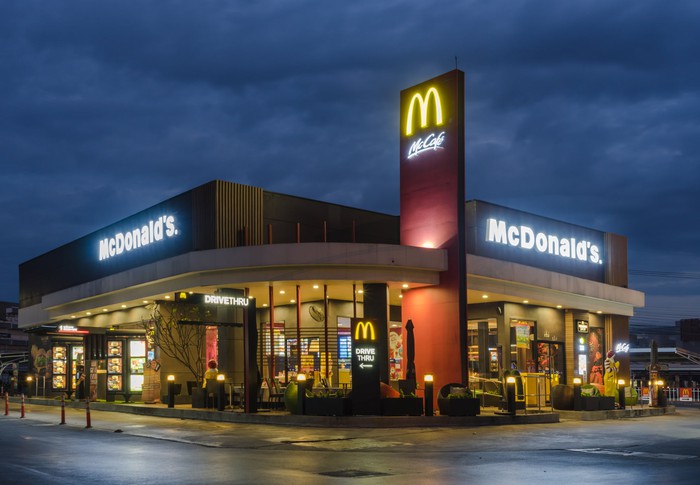At McDonald’s, Americans tend to think of the “dollar menu” and the good deals on burgers and fries. However, on the other side of the Atlantic, the golden arches are fast becoming a front man for consumer abuse and price increases.
This week, a coalition of European consumer rights organizations filed a complaint with the European Commission requesting an investigation into how McDonald’s uses its powers to fight competition and unfairly attack its franchisees and customers across Europe.
Some may ask: How can the fast-food giant know for good food be responsible for serious harm to consumers? The explanation begins with the fact that, despite its good reputation, the sale of hamburgers and fries is not the focus of the McDonald’s business model. The real activity of the company is to sell real estate.
McDonald’s is forcing its franchisees to rent real estate directly from the company, a condition that no other fast-food chain in Europe requires. And with this control over the real estate options of its franchisees, we analyze the company to calculate rents that are up to ten times higher than market prices.
In fact, the majority of McDonald’s revenue in Europe comes from franchisees that receive rents: two-thirds of the franchise’s total revenue comes from rents.
In addition to charging excessive rents, McDonald’s franchisees also have to comply with a number of other restrictive conditions, including long contracts, one-to-two-year non-competition rules, high license fees, and very broad termination clauses.
The Efforts By The McDonald’s
What sets McDonald’s apart from this program is the fact that with more than 8,000 stores across the continent serving 15.7 million customers, large orders are the dominant fast-food company in Europe. These stores had sales of $ 19 billion in 2014, almost double the closest competitor. In other words, McDonald’s is big enough to write its own rules.
With such a profitable company, it is no wonder Ray Kroc, founder of McDonald’s, boasted: “Ladies and gentlemen, I am not in the Hamburg business. My business is real estate.”

And while this company made billions of dollars in profits for McDonald’s, McDonald’s customers are finally bearing the costs: Given these high rents and other costs, McDonald’s franchisees continue to cost consumers in the form of prices.
Recent research shows that the prices for the vast majority of menu items in franchises are higher than for companies in Europe. The figures are high in Italy: in Bologna, for example, studies show that 97% of the menu items of franchise agencies were more expensive than those of companies; In Rome, 68% of items were priced higher in franchise stores.
McDonald’s may be used to putting its weight on in the United States, but this abuse of power is illegal in Europe. Unfortunately, this is part of a scam: late last year, the European Commission announced an investigation into McDonald’s aggressive tax evasion strategies in Europe after discovering that the company had avoided billions of euros in taxes since 2009.
The practices described in our complaint are serious violations of the Cartel Law and will lead to severe penalties. Under EU law, McDonald’s can be fined up to 10% of its worldwide sales, or approximately $ 9 billion.